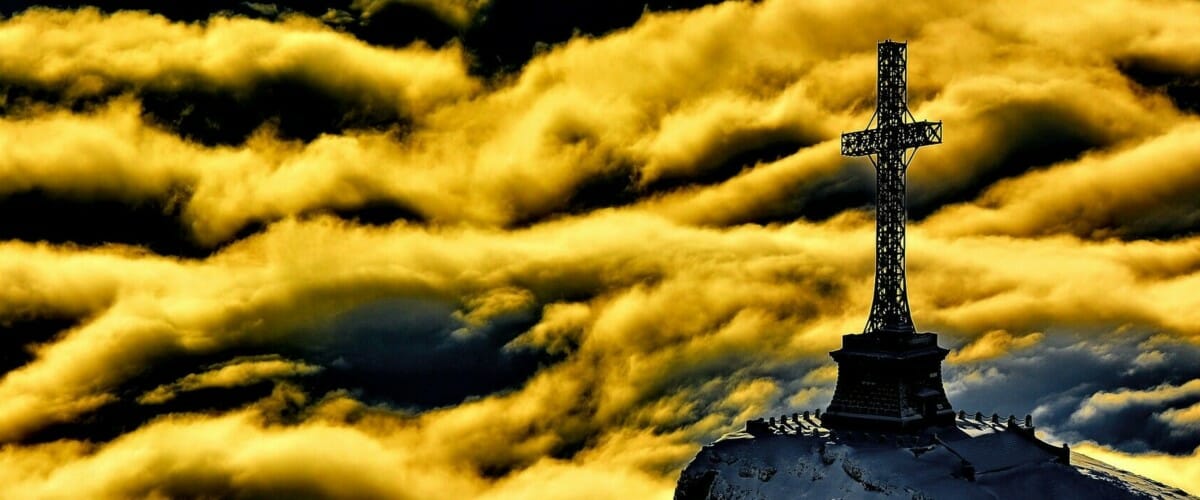Unconsciously we all entertain the theory that our own perception of reality, is reality itself – convinced that the only reliable point of reference is our own experiential understanding of the world. But because circumstances are ever-shifting beneath our feet, we stay in a perpetual state of reframing our perspective, so as to interpret each event within our already presupposed expectation of meaning and significance. And this is the self-affirming bubble within which both the scientific and the religious person exists — each confident in the conviction of their dogma, each offering their explanation of what is . . . as well as, what is to come.
But before you congratulate yourself for not having been taken in by the overstated conjecture of popularized scientific claims, or fundamentalist notions of religious dogma – you might want to take a moment and consider the hubris that hides beneath your own assumptions and explanations. Because the uncomfortable truth of the matter is, we all pretend to know far more than we actually know – so invariably, we rehearse aloud our theories and interpretations of the world with one another, as if we were speaking indisputable facts.
When discussing philosophy with an atheist, you’ll find that they’re very eager to establish early on how they’re the one being rational – ironically, without offering a single rational argument for what makes their opinion rational . . . completely unaware rationality requires a criteria for contextualizing their opinion. But it isn’t that they can offer incontrovertible evidence that God doesn’t exist, because such evidence doesn’t actually exist — no, what they really want you to know, that even within their ignorance as to whether God actually exists or not, they’re pretty sure they’re the ones best qualified to answer the question . . . a rather self-serving perspective.
You’d think there would be far more humility when addressing questions so profoundly beyond our ability to prove — but that would underestimate human hubris. So when I hear Christians debating over what the afterlife looks like, whether it will be the judgments of heaven or hell or the expectation of universal salvation – I get the sneaking suspicion that each believes they’re the ones making the most rational argument . . . each convinced their method for understanding the question – is unquestionably sure. And I find such unbridled theological certainty, only a little less insufferable than listening to the wild eschatological machinations of someone with charts and graphs explaining the end of the world.
My point isn’t to suggest that you shouldn’t have opinions about heaven and hell, or what happens at the end of time – my point is that we shouldn’t be so preoccupied with such unknowable things, that we don’t live presently in the admonitions of our faith. I so much more prefer the simplicity of Paul’s words “For I decided to know nothing among you except Jesus Christ and him crucified” ~ 1 Corinthians 2:2. We should never lose track of the centrality of The Cross – for whatever certainty we find in our Christian faith, it is not found in the vanity of our speculations, it solely relies on the finished work of Christ on the cross.
“. . . toward that hilltop where the road forever becomes one with the sky”



















